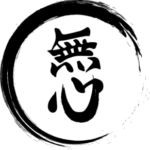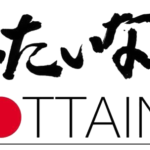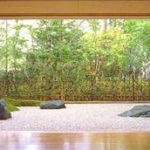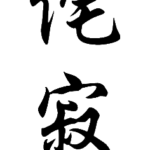
Having time is just awareness and layout of your priorities
But we often postpone it because we don’t feel we have enough time for it yet. Sometimes, for example, after the New Year’s resolutions, we are really going to do it with great determination. And very intensely. But soon we will loose strength, time, taste. The results are not what we expected. Our original enthusiasm disappears and we perceive it all as our failure. And this, together with a lot of our everyday responsibilities, will often drive us to a new / further postponement of “… when there is more time”.
Technology has significantly accelerated our pace of life, but has not given us any more time.
Despite the new and ever-accelerating technologies that are supposed to make our working and private lives easier, we almost all have a constant feeling of “lack of time and need for rush”. That is why we would like to do everything quickly and, if possible, immediately in perfect form. We would like to speak a foreign language quickly, preferably immediately as a native speaker; lose weight quickly and have a perfect figure from the magazine, handle all dance steps perfectly as a professional dancer, or paint a picture like a gallery right away.
Sometimes we strive for too radical personal changes, our ideas and demands on ourselves are too exaggerated. Instead of doing something little by little, we are wasting our time finding ways to achieve “success” as quickly as possible. But if you think about all the people we admire for what they really do, no one has achieved their success overnight.
Kaizen – change for the better
But sometimes small, but regular steps are enough. Instead of trying to make radical changes in a short time, try every day a little improvement that gradually leads to the change you want. It will not exhaust you after a short time and you will not feel that you have to neglect your normal duties and habits.
And this is also the main idea of the Japanese Kaizen philosophy, applicable both in business and in our private life.
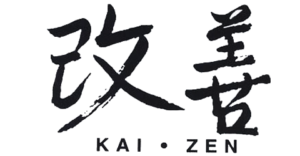 The word “kaizen” is a combination of two Japanese words “kai” and “zen”. “Kai” is literally a change, so in a rough Japanese translation, kaizen means “change for the better”, which simply expresses its essence – continuous gradual improvement.
The word “kaizen” is a combination of two Japanese words “kai” and “zen”. “Kai” is literally a change, so in a rough Japanese translation, kaizen means “change for the better”, which simply expresses its essence – continuous gradual improvement.
The principle of Kaizen in 10 main points
- Strive for continuous improvement. Things can always be better no matter how good or bad they are now.
- Always question stereotypes. If necessary, get rid of the old to make way for the new.
- Get wisdom from many people rather than rely on one expert.
- Don’t waste your time talking about excuses, but focus on finding solutions.
- Make sure your decisions are based on facts rather than opinions.
- Get to the root cause of the situation or problem by asking “Why?” At least five times.
- Before you spend money to solve a problem, look for simple and inexpensive solutions.
- Always question the status quo.
- Start upgrading now, even if you don’t have all the answers yet.
- Don’t underestimate yourself. Do not be discouraged in your journey by occasional setbacks.
Be a little better every day
So the real key to understanding and applying Kaizen is to focus on the idea of continuous improvement.
Every day, just focus on getting a little better than last day. Feel free to think about the smallest step you can take every day, which can gradually move you to your destination. Only about 1%.
It may not seem much, but even such 1% per day will add up. In the beginning, your improvement will be so small that it will seem almost non-existent. But gradually you begin to notice the improvement. It may take months or even years to feel that you have achieved what you wanted. But the result will come. And it will be more durable than when you start with a determined and very intense action and after a while you run out of breath.
And that sometimes you feel that you are not improving or that you are not doing it? Life is not a marathon. Stopping running for a while should not disqualify you. Sometimes just more, sometimes less. But we should also accept and not be subjected to occasional failures or negative emotions of defeat…



